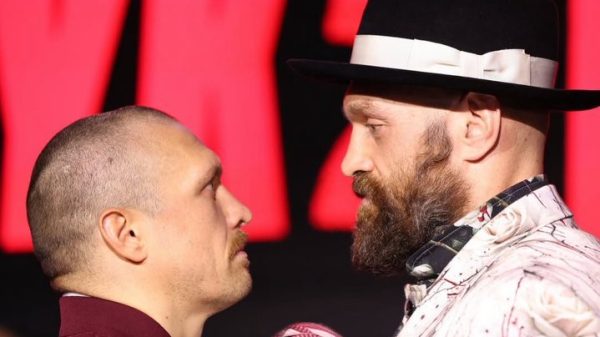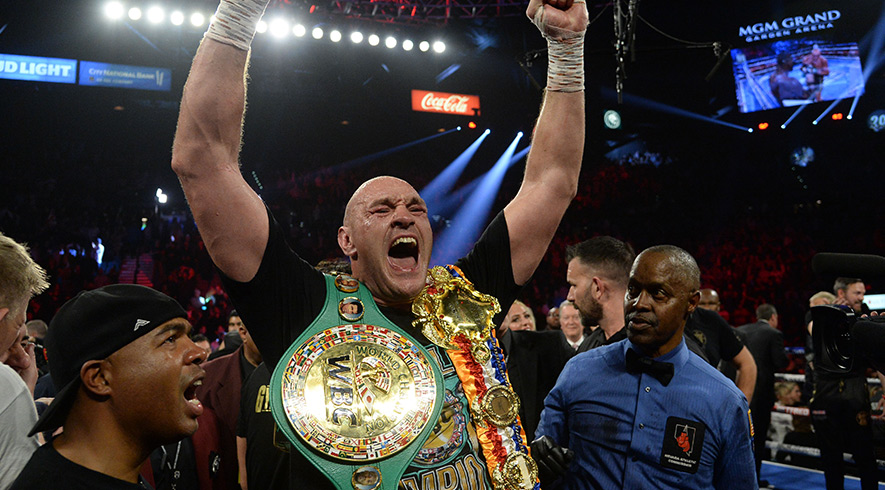By Charles Jay
You’re going to be reading a lot of stuff in the near future from me about where boxing has run into problems, especially here in the United States, and what it could do better. A lot of that is going to center on the practices of promoters, and in this particular instance, the way they relate to the press.
At one point in my life, I did public relations for boxing promoters. That was part of my business. When I would get an assignment, I made it my business to seek out everybody who could possibly cover our event and put them on my press release list. That included not only the TV stations and the regular beat writers for the five daily newspapers in the general area (yeah, there were five at the time), but also the major radio stations, the minor radio stations, the independent hosts (i.e., those who “brokered,” or bought, time on the air), the little weekly newspapers, the newspapers that were printed in languages other than English (in South Florida there were quite a few), and even freelance writers. In other words, I got everybody. This being before the days of the internet (or at least MY days on the internet), I sat at the fax machine and sent my releases to everyone.
Naturally, you were going to encounter some yo-yos. One of the small, weekly newspapers demanded we buy an ad to get any coverage, and they were dismissed. A writer for a large local daily purposely denied coverage because of an allegiance (and perhaps an alliance) with another promoter, and was in turn denied a press pass on the night of the fight; a TV station that refused to do an interview with a major star we had brought into town found itself out in the cold when we eventually did a show with an even bigger star (yes, you have to teach a lesson every so often).
However, on an overall basis, people were very gracious, and I found that the smaller the outlet, the more grateful they were to be remembered and included. Almost without exception, each of them ultimately moved on to something bigger within the same market.
A couple of years later, I was on the other side of the game, which is to say I was part of the media, hosting a radio show on a pretty credible station, and doing it on a nightly basis. I was also doing quite a few interviews with my friends in the business. In other words, I was exactly the kind of guy I would have sought out for my press list.
Now, when the big promoters came in from out of town to do something, I was usually able to do something with them, because I had a previous relationship from having dealt with them in the boxing industry. As for local promoters, many of whom were upstarts, do you know how many of them actually reached out to contact me, even with just a press release? Exactly zero. And I wasn’t the only one.
And it brings me around to part of my point, which is that whoever was handling press relations for these people just didn’t care, or didn’t understand the value of getting ANY coverage at all, no matter where it was from. And in many cases, you could hear them crying later about how no one paid any attention to them. They were just not on the ball, that’s all.
In a lot of the so-called “major” markets, the local baseball, football or basketball teams are going to get all the coverage they want, because the media outlets have assigned someone to them. They’re going to be rather “exclusive” about who they give press credentials to, and that could be a mistake, but that’s something we can cover at another time.
With boxing, it is much more of a scramble to get attention. There are fewer and fewer “boxing writers” at the dailies, so promoters have to get creative. “Creative” means inclusive.
I’m involved with a group of guys who are trying to put together a rather large sports endeavor (not boxing related). When we got around to the subject of what kind of policy we would have with press access, my answer was very simple: “Let them all in. Let’s cooperate with anyone, as much as they want. Let’s make way for all the websites, and any bloggers or podcasters, big and small, who are at least taking their endeavor seriously. Let’s promote user-generated content BY them on our website. Let’s make it as easy as possible for someone to spread the word about what we’re doing.”
It’s very simple; if someone is interested in what you have to offer, and they are serious about what they are doing, what skin is it off anyone’s back to include them? None, I can assure you.
That’s why I’m kind of disturbed to hear that in boxing, not all the promoters feel that way. Some of them are still in that world where they’re telling people, in so many words, “You’re not big enough. You’re not important enough.”
And I have news for them – this is not 1975. These are not the days when there were a few “gatekeepers” of information who were going to determine whether anybody got exposure or not. This is the here and now, when publishers of any and all sizes are dealing directly with the audience, and today’s tweeter or blogger becomes tomorrow’s online monster media mogul, As we have seen, it can happen pretty quickly.
It stands to reason that if you don’t treat them well today, you’re going to have a lot more difficult time stimulating their interest tomorrow. That’s just the way it is. And that’s the way it should be.
When that lesson is understood across the board in boxing, the industry as a whole will be a lot better for it, both now and into the future.









